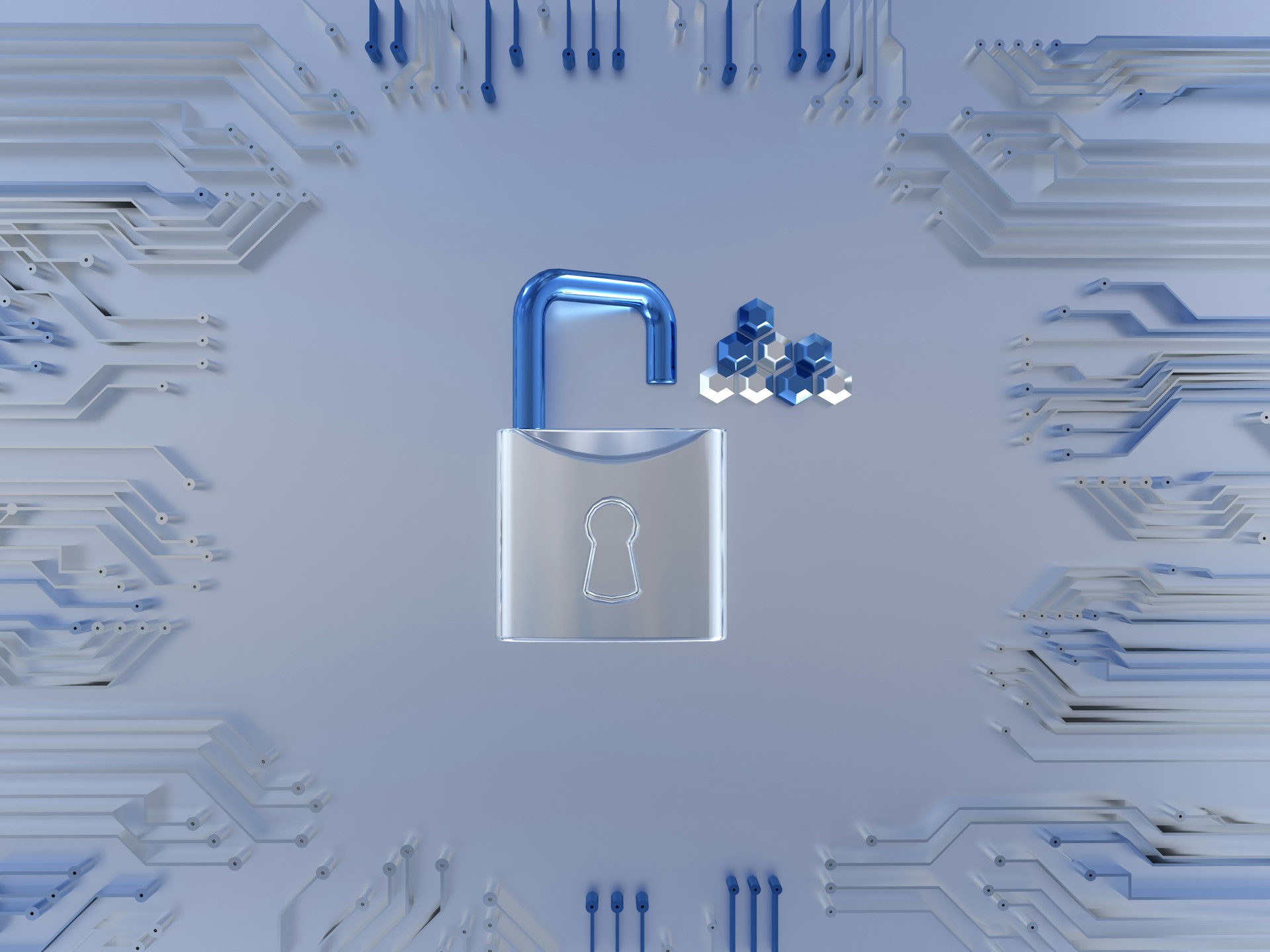In an age of rapidly evolving technological advancements and escalating cyber threats, effective information security management has become paramount for businesses worldwide. Organisations must mitigate the risks associated with data breaches and security vulnerabilities while complying with stringent regulatory requirements. Implementing an Information Security Management System (ISMS) compliant with the ISO 27001 standard empowers businesses to address these concerns and safeguard their valuable information assets. In this article, we discuss the advantages of ISO 27001 certification, key components of a comprehensive ISMS, and how our team of dedicated professionals can assist your organisation in achieving and maintaining certification.
ISO 27001 is an internationally recognised standard that prescribes requirements for a robust ISMS, encompassing the policies, procedures, and technologies necessary to ensure the confidentiality, integrity, and availability of an organisation’s information assets. By adhering to ISO 27001, businesses can demonstrate their commitment to information security, reduce risks associated with cyber threats, and maintain compliance with relevant legislation and regulations. An ISMS covers critical areas such as risk assessment and management, access control, incident response, and continual improvement.
Organisations that achieve ISO 27001 certification reap an array of benefits, promoting growth and instilling confidence in clients and stakeholders. These benefits include:
– Enhanced information security: A comprehensive ISMS safeguards vital data and intellectual property, protecting organisations from cybercriminals and data breaches.
– Regulatory compliance: Compliance with ISO 27001 ensures adherence to applicable laws and regulations, minimising the risk of fines, penalties, and reputational damage.
– Competitive advantage: ISO 27001 certification signals an organisation’s dedication to safeguarding critical data, fostering trust and credibility with customers, partners, and stakeholders.
– Cost reductions: A well-structured ISMS optimises risk management, enabling businesses to identify and mitigate potential issues early, thereby reducing incident-related expense.
By joining forces with our skilled consultants, your organisation can implement and maintain an ISO 27001-aligned ISMS, showcasing your unwavering commitment to information security and propelling your organisation toward sustained success in a data-driven world.
If your organisation is eager to champion information security and establish a secure and dependable ISMS, discover how our team of experts can guide you along the path to ISO 27001 certification, ensuring a comprehensive and customised system designed to meet your unique needs and protect your valuable information assets.
Navigating the Complexities of Information Security with ISO 27001: A Tactical Guide to Implementing an ISMS
In today’s hyperconnected world, organisations face a myriad of information security threats, necessitating the adoption of robust and comprehensive security measures. Implementing an Information Security Management System (ISMS) that conforms to the ISO 27001 standard enables enterprises to mitigate risks, safeguard critical data, and demonstrate their commitment to securing information assets. In this article, we examine four definitive facets of ISO 27001 certification, elucidating how our team of adept professionals can assist your organisation throughout the process of obtaining certification and ensuing the security of your information.
1. Decoding the ISO 27001 Standard: Essential Elements for a Successful ISMS
ISO 27001 is a globally acknowledged standard that prescribes the criteria for establishing, implementing, and maintaining an effective ISMS. It is built upon a systematic approach to managing sensitive information and ensuring its confidentiality, integrity, and availability. Key components of the ISO 27001 standard include:
– Information security policies
– Organisation of information security
– Human resources security
– Asset management
– Access control
– Cryptography
– Physical and environmental security
– Operations security
– Communications security
– System acquisition, development, and maintenance
– Supplier relationships
– Information security incident management
– Information security aspects of business continuity
– Compliance
By integrating these critical components and complying with the ISO 27001 standard, organisations can create a powerful security architecture that adeptly confronts the challenges of information security and data protection.
2. Unveiling the Core Building Blocks of an ISO 27001-Compliant ISMS
Establishing a successful ISMS necessitates the seamless fusion of a diverse array of strategic elements, working in unison to support a systematic approach to information security in accordance with ISO 27001. Integral aspects of an ISMS include:
– Information security policy: Craft and promote a comprehensive policy that articulates your organisation’s commitment to information security and delineates guiding principles for governing information assets.
– Risk assessment and management: Identify and analyse potential risks to your organisation’s information security, implementing controls to mitigate these risks and monitor their ongoing effectiveness.
– Asset management: Maintain an up-to-date inventory of your organisation’s information assets, and apply appropriate controls to safeguard their confidentiality, integrity, and availability.
– Access control and authentication: Develop and enforce access control policies and procedures to restrict access to sensitive data and systems, employing user authentication measures to verify identities.
– Incident response: Establish a formalised process for detecting, reporting, and managing information security incidents, ensuring timely and effective resolution and mitigating potential damage.
– Business continuity planning: Create a robust business continuity plan to ensure the ongoing availability of critical information systems and data during crises or disruptions.
– Training and awareness: Empower your workforce with the necessary knowledge and skills to manage and protect information assets, fostering a culture of security awareness.
3. Striding Confidently Towards Certification: Vital Steps in Attaining ISO 27001 Accreditation
The journey to ISO 27001 certification encompasses several crucial stages, such as:
– Gap analysis: Evaluate your organisation’s existing information security framework to discern areas of improvement and create an action plan for achieving ISO 27001 compliance.
– ISMS development: Formulate and document the policies, processes, and controls mandated by the ISO 27001 standard, adopting an organisation-wide, risk-based approach to information security management.
– Employee training and awareness: Equip your staff with the necessary knowledge, understanding, and skills to support the implementation and ongoing management of your ISMS.
– Internal audits: Conduct regular internal audits of your ISMS to assess its effectiveness, appraise risk management controls, and identify potential areas of improvement.
– Management review: Engage in periodic management reviews of the ISMS, ensuring its ongoing suitability, adequacy, and effectiveness.
– Certification audits: Engage an accredited certification body to perform an impartial external audit, validating your organisation’s alignment with the ISO 27001 standard.
To optimise the likelihood of certification success and facilitate the overall process, organisations stand to benefit substantially from tapping the expertise of seasoned consultants, such as our dedicated team.
4. Engaging Specialist Consultant Services to Bolster ISO 27001 Certification Success
Utilising the services of expert consultants offers organisations a wealth of advantages in their pursuit of ISO 27001 certification. Our experienced team of specialists imparts industry insights, best practices, and dedicated support that ensures the successful development and maintenance of a secure, risk-based ISMS. These benefits include:
– Informed guidance: Our team’s profound understanding of ISO 27001 empowers us to provide strategic advice and assistance throughout the certification journey.
– Bespoke solutions: We deliver tailored solutions designed to address your organisation’s unique information security challenges, ensuring a fit-for-purpose ISMS implementation.
– Audit support: Our consultants can provide valuable expertise during internal and external audits, aiding in the navigation of these vital processes and maximising positive outcomes.
– Ongoing improvement: We offer continued assistance in refining and augmenting your ISMS, enabling your organisation to maintain ISO 27001 certification and continuously enhance its information security posture.
Conclusion
Implementing and sustaining an ISO 27001-compliant ISMS provides organisations with an incomparable opportunity to champion information security and protect their valued data from ever-evolving cyber threats. With a thorough understanding of the ISO 27001 standard, a systematic approach to ISMS implementation, and the support of our professional consultants, businesses can confidently pursue certification and secure their digital future.
If your organisation is ready to fortify your information security and establish a comprehensive ISMS, learn how our team of specialists can guide you along the path to ISO certification, ensuring an effective and tailored system designed to meet your distinct needs and safeguard your precious information assets.








Users Comments
Get a
Quote